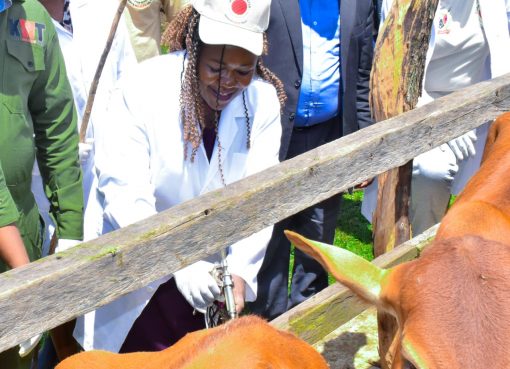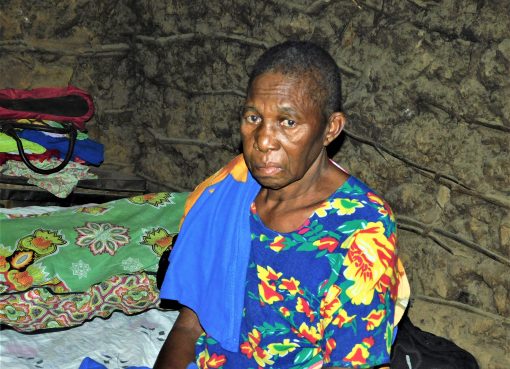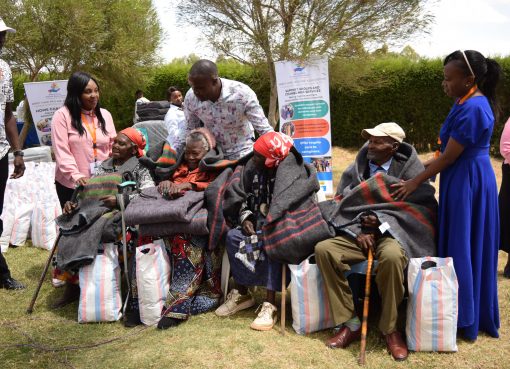The government has disclosed that in order for the Social Health Insurance Fund (SHIF) under the Taifa Care model to be financially sustainable, the revenue collected must be sufficient to cover healthcare benefits for all members.
A key measure of fund stability is the average monthly premium per person, which should be at least Sh880.
Giving a media update on Taifa Care, the Ministry of Health says that currently, the average premium stands at Sh1,065, demonstrating that SHIF remains both affordable and viable.
“This progressive financing model balances contributions across different income brackets, ensuring that the healthcare system is adequately resourced while maintaining affordability for all members,” a statement from the office of the Cabinet Secretary said.
According to the Ministry, the Taifa Care model under SHA (Social Health Authority) represents a significant shift from the previous NHIF structure, which struggled with unequitable contributions, inefficiencies in reimbursements and financial instability.
By adopting a structured and transparent payment system, SHIF enhances efficiency in fund management, guarantees timely payments to healthcare providers and safeguards the availability and quality of healthcare services.
This transformation, according to the Ministry, addresses past challenges and ensures that healthcare financing is sustainable, inclusive and aligned with UHC goals.
“To achieve UHC under Taifa Care, nationwide participation in SHIF is essential and the government is actively engaging employers, county governments, and private-sector partners to encourage SHIF enrolment, ensuring universal access to healthcare services,” the statement said.
The Ministry says that the implementation of the Social Health Insurance Fund (SHIF) under the Taifa Care model marks a transformative step toward achieving Universal Health Coverage (UHC), a key pillar of the Kenya Kwanza government’s agenda.
According to the Ministry, one of the critical elements of SHIF is its income-based contribution model, ensuring fairness across all economic groups with contributions for both formal and informal households determined by their ability to pay, using proxy means testing to assess financial capacity.
The minimum contribution for the most vulnerable households is set at Sh300, a reduction from the Sh500 charged under the National Health Insurance Fund (NHIF).
However, the Ministry has clarified that contributions vary among households, just as they do in the formal sector, ensuring that those with higher incomes contribute proportionally more and this approach therefore prevents low-income Kenyans from being locked out of the healthcare system due to financial constraints while maintaining equity in funding.
“As we move forward with the full implementation of Taifa Care, the Ministry encourages private sector partners to embrace the changes, actively participate in policy discussions, and work together with the government in realising the shared goal of UHC for all Kenyans,” the statement noted.
Meanwhile, the government is available for dialogue and will continue working towards a fair and efficient system that benefits both healthcare providers and patients.
By Wangari Ndirangu





